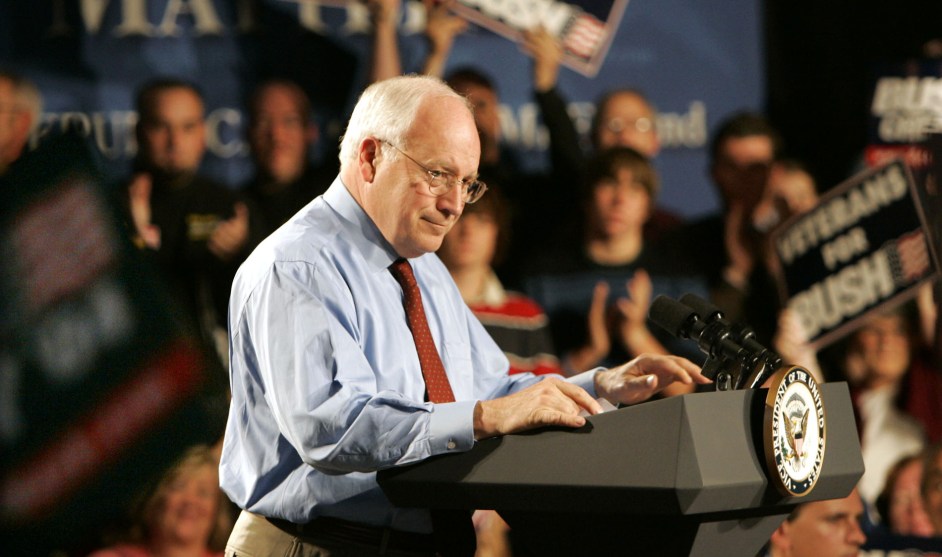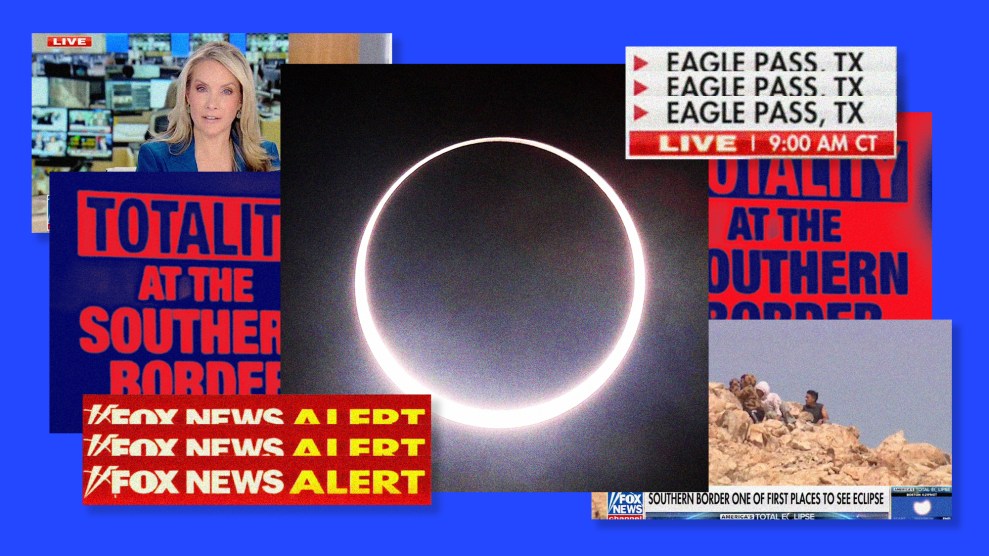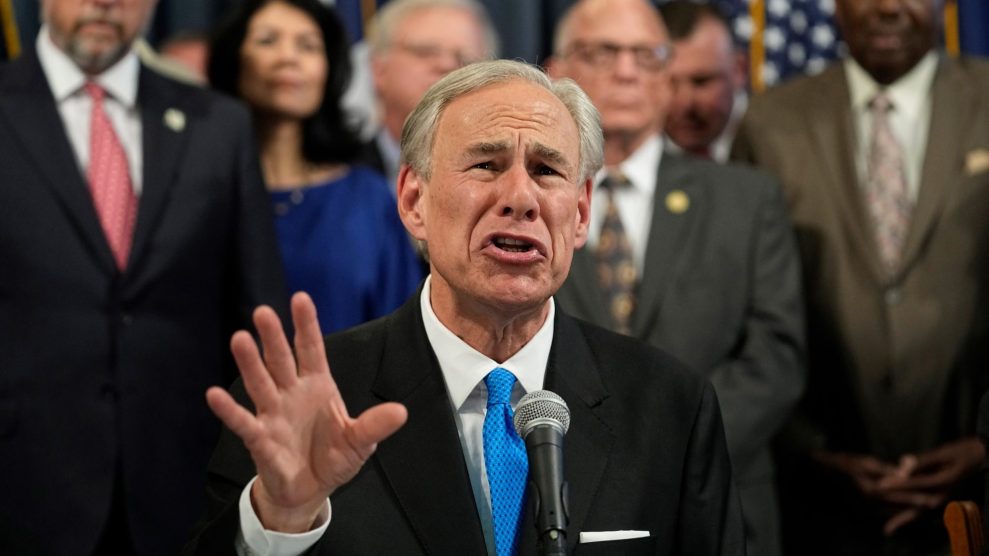
Michael Noble Jr./AP
Reams upon reams have been written on the enormous value of the public library, the rare public institution beloved across all demographics, from toddlers to retirees, from the working class to the well-heeled. But in the face of Eric Adams’ proposed cuts of more than $33 million in the next two years, a budget that could close weekend library service throughout New York City while boosting the coffers of the New York Police Department, I can’t help but panic for one specific group: young parents desperate for free, accessible community resources in a country sorely lacking them.
My silent screaming, the latest in regard to Adams’ disastrous policy proposals, is rooted in the personal. As a relatively new mother, I can almost smell the very specific anxiety that creeps in around 9 a.m. on a Saturday, already three hours into keeping a child fed, entertained, and alive, over how else to run the clock until bedtime arrives. Playgrounds are weather dependent and therefore unreliable. So too, are other families with young children, who like mine, are relentless virus magnets upending work schedules, vacations, any semblance of a plan. You could shell out $20 and drive to the nearest playspace. But if you don’t book in advance, the popular one near us frequently sells out. And not everyone can afford that price of entry, especially if you have multiple kids. Staying put at home seems like a good bet until it most certainly reveals itself to be the exact opposite: The seams are fraying. You and the child must escape.
What other physical space offers a designated safe spot for children, a judgment-free zone for exhausted parents in search of similar refuge, where wall-to-wall carpeting feels like instant relief? Name another place where communities genuinely gather and come away feeling life-affirmed and believing in our systems, even if momentarily. A place where you’re reacquainted with the same stories you adored as a kid, that helped your own parents survive similar days. Library hours are set, and therefore reliable unlike nearly everything else in modern parenting. It promotes quiet but not to the point of scolding. Perhaps most importantly for parents, you don’t need to sign up in advance or require an invitation. You can simply go to your local library. It is, by virtue, vibrant.
For kids, it’s likely one of the very first encounters with a public good, where glimpses of boundless knowledge and possibility are first witnessed. For young parents, the public library is a new gift every Saturday. Like you’ve struck gold when all you actually did was pay your taxes. The public library is a treasure that stands in radical opposition to a society that has privatized and monetized nearly every inch of childcare. What Adams seeks to cut, one of the few dependable resources that keep countless families afloat, should offend us all deeply.

















